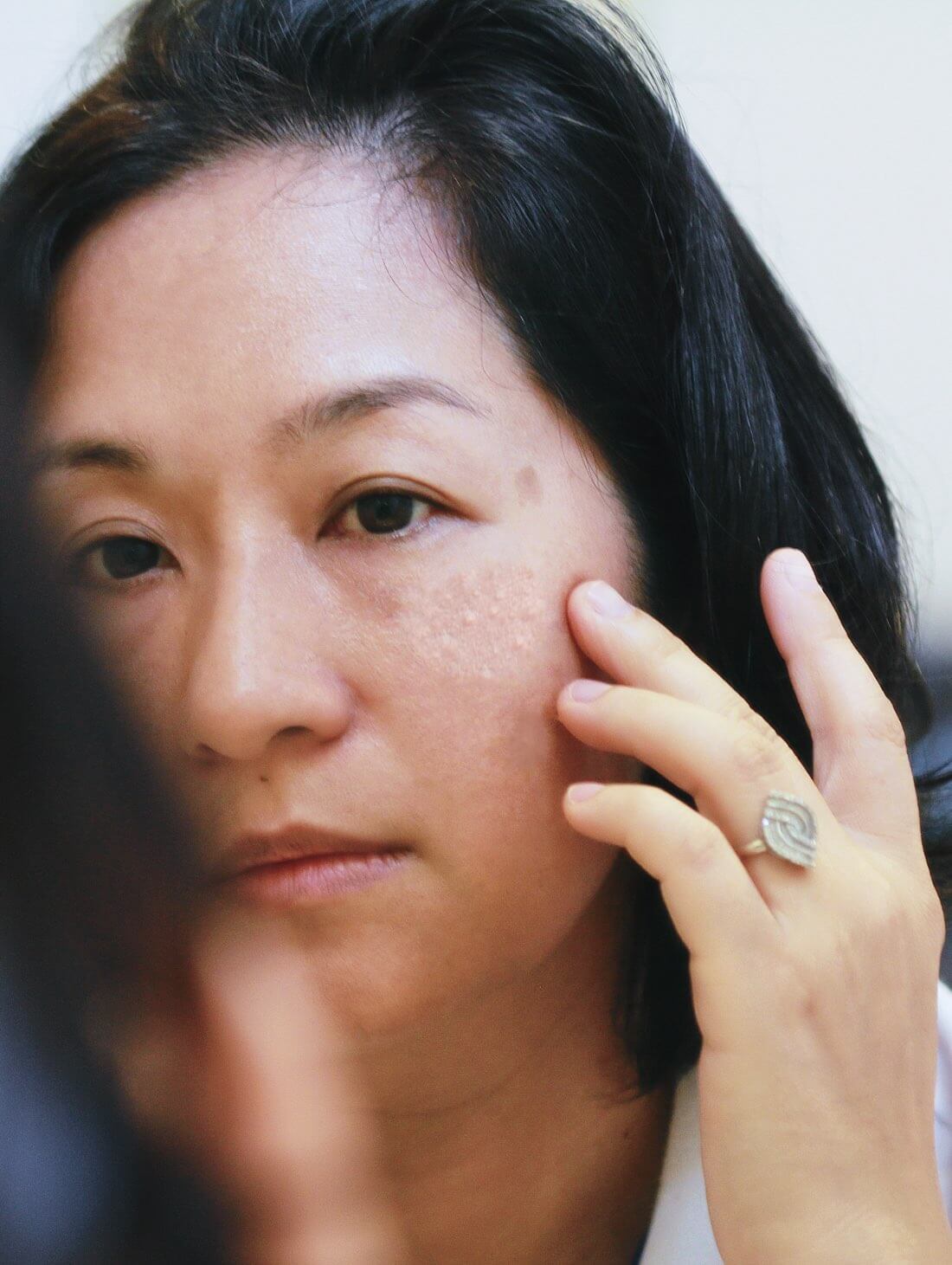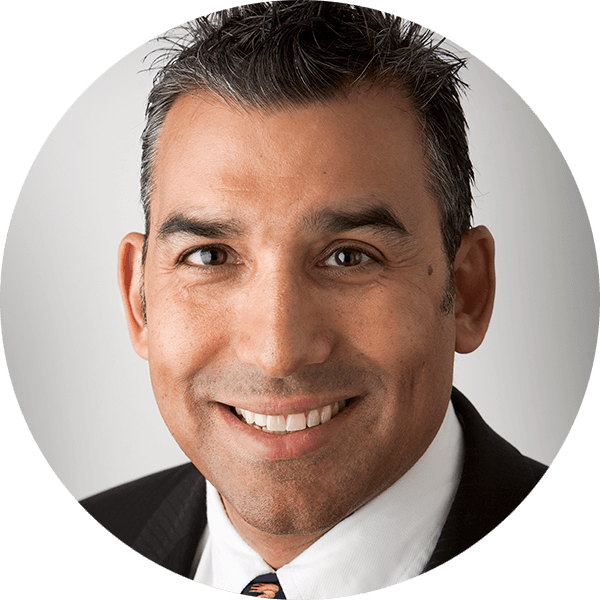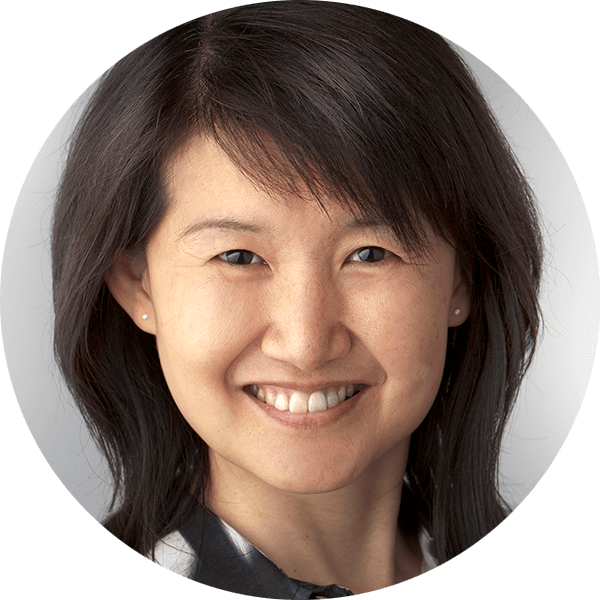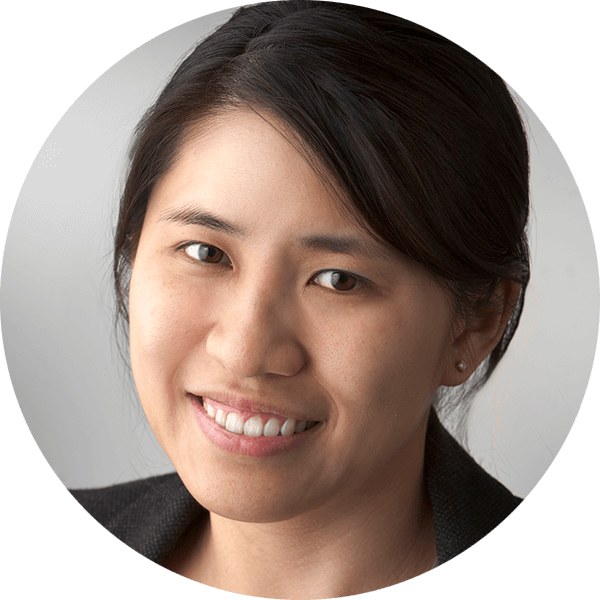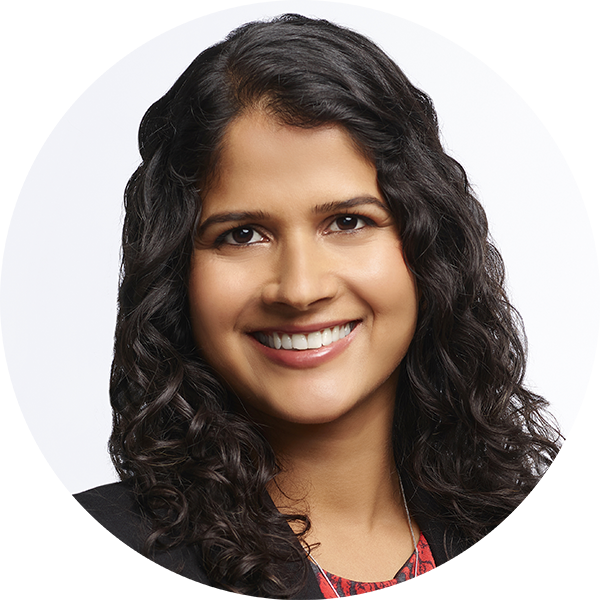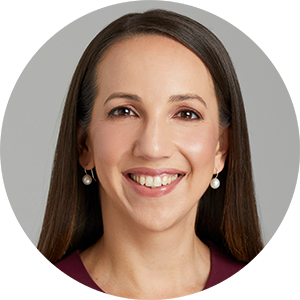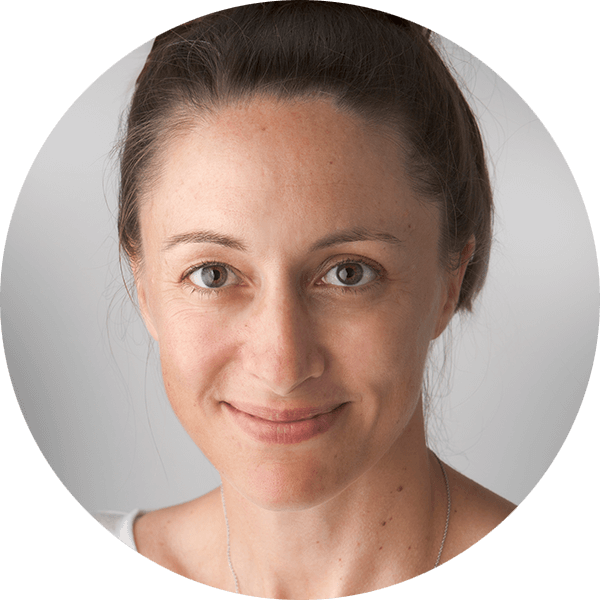Polycystic Ovary Syndrome (PCOS)
What is PCOS?
What are the symptoms of PCOS?
Many cysts in your ovaries
If you have polycystic ovary syndrome, you probably have many cysts in your ovaries. In fact, “polycystic” means “many cysts”.
The cysts are often filled with fluid and they may contain an immature egg. These eggs often don’t mature, which means you may not ovulate. This can also cause your periods to be irregular - or not show up at all.
Hormonal issues
The hormonal issues around PCOS are complex. You may not ovulate regularly or at all, as a result of these issues. Your hormones are the reason for your PCOS symptoms.
For example, if your testosterone level is high, you may experience excessive facial hair and acne. However, high testosterone may not be one of your issues. Everyone with PCOS is different. At Fertility Specialists of WA we work to understand ‘you’ and ‘your’ symptoms.
Irregular periods and infertility
You have a period when your uterine lining sheds after ovulation. If you have PCOS you may not ovulate regularly and therefore you may not have regular periods.
Some women with PCOS don’t have periods at all. Other women have a heavier period than normal.
"Another consequence of irregular ovulation and irregular periods is infertility. In fact, polycystic ovary syndrome is a leading cause of infertility in women."
Hair, skin and weight problems
Many women with PCOS have problems with excess hair growth on their body. For example, you may have excess growth of facial hair. Also, you might experience hair-loss on your head or even male-pattern baldness.
Another symptom is acne on your face and upper body. This is due to an excess of some of the male hormones.
Weight problems are another common symptom. In fact, up to 80% of women with this condition are overweight. Along with being overweight, you may also experience sleep apnoea.
Serious health conditions
Unfortunately, polycystic ovary syndrome is associated with some serious health problems.
If you have polycystic ovary syndrome, you may have a higher risk of developing metabolic syndrome, type 2 diabetes, heart disease, high blood pressure, and stroke.
Your risk of these conditions is even higher if you are also overweight or obese. Therefore, we strongly recommend weight loss if you are overweight and have PCOS.
Key points
Cysts in your ovaries
Hormonal imbalance
Hair, skin and weight issues
Other serious health conditions
How is PCOS diagnosed?
This condition is often diagnosed following a blood test to check hormone levels, a history of irregular periods and an ultrasound showing cysts in your ovaries. The physical symptoms, like acne and the growth of facial hair, will also be taken into account when a diagnosis is made.
That said, you may have more symptoms - or you may have fewer. Your doctor will evaluate your medical history and other symptoms you experience.
"Our fertility specialist clinic is affiliated with the NHMRC funded Centre for Research Excellence in Polycystic Ovary Syndrome. That means we are highly qualified to help women with PCOS."
Can you treat PCOS naturally?
Diet and exercise are natural ways to reduce some of the symptoms you may experience with polycystic ovary syndrome. Especially if you are also overweight or obese.
How to lose weight with PCOS really depends on your personal circumstances. Similarly, a good PCOS diet is individual and depends on your health. For example, if you also have diabetes or other health conditions, this must be considered.
"In general, any diet and any type of exercise that helps you achieve a healthy weight might help treat or minimise your PCOS symptoms in the long term."
What is the medical treatment for PCOS?
The treatment depends on your individual situation. If you are a PCOS patient, talk to your doctor or our clinic for the best way for you to proceed.
Medical treatment options include:
Metformin for PCOS
Improves insulin levels and insulin resistance. It can help you lose weight, and possibly help you achieve a more regular menstrual cycle.Birth control
Certain types of birth control contain both oestrogen and progesterone. Taking these hormones on a daily basis might help you have a more regular menstrual cycle. It can also help reduce symptoms associated with elevated male hormones.Weight loss drugs
If you have trouble losing weight, you can consider taking certain weight loss medications, however, this must be done in consultation with your GP.Other medication
Sometimes gonadotrophins (which are hormones) can be prescribed during monitored fertility treatment. These might help you ovulate.Getting pregnant with PCOS?
As explained, polycystic ovary syndrome is the leading cause of infertility in women.
If you are trying to fall pregnant, certain fertility drugs stimulate the ovaries. If you have PCOS you are at increased risk of a condition called hyperstimulation because you already have many follicles.
Hyperstimulation is more commonly known as Ovarian Hyperstimulation Syndrome (OHSS). This is a result of your ovaries maturing too many eggs at once, because of the medication. At Fertility Specialists of WA we monitor you carefully to reduce your risk.
If you have been trying for a long time with no success, sometimes surgery can be an option. We will discuss the best treatment with you at our clinic.
To learn more about getting pregnant with this condition, talk to our clinic which specialises in PCOS in Perth.
Professor Roger Hart: What is the impact of PCOS on fertility?
IVM, IUI or IVF for PCOS?
If you are unsuccessful with one type of fertility treatment, there are other options, even if you have PCOS.
Useful links
About us
Your fertility issues are individual, so your treatment should be individual too. At our clinics in Perth - located in Claremont and Applecross - you can learn about the best treatment options for you and your partner.
Fertility drugs
You will take medication during your treatment. Our Perth fertility specialists will advise you which medications will induce ovulation, and can be used in an OI cycle or as part of IVF or IUI treatment.
